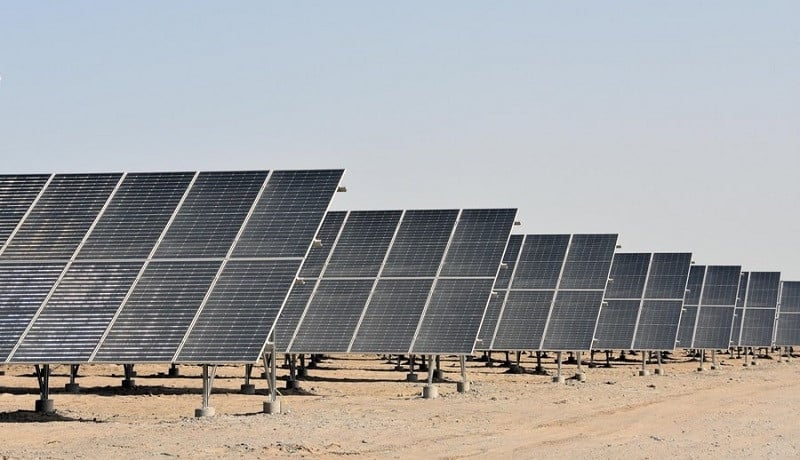NASA’s Solar Dynamics Observatory captures the largest solar flare in years, emitted by the sun on Thursday. This event temporarily disrupts radio communication on Earth, causing interference for two hours in various regions, including the US.
Impact on Radio Signals and Communication
The solar flare leads to radio interference, affecting communication systems on Earth. Pilots report disruptions, and the Space Weather Prediction Centre notes the impact across sunlit areas of the world.
Observations by NASA’s Solar Dynamics Observatory
Launched in 2010, NASA’s Solar Dynamics Observatory records the solar flare in extreme ultraviolet light. The observatory, positioned in a high orbit around Earth, continuously monitors the sun, providing valuable insights into solar activities.
Solar Cycle and Sunspot Activity
The sun is approaching the peak of its 11-year solar cycle, with maximum sunspot activity expected in 2025. Solar flares are common during this period, and their observation helps scientists understand solar behavior and its potential impact on space weather.
Source: economictimes.indiatimes.com





